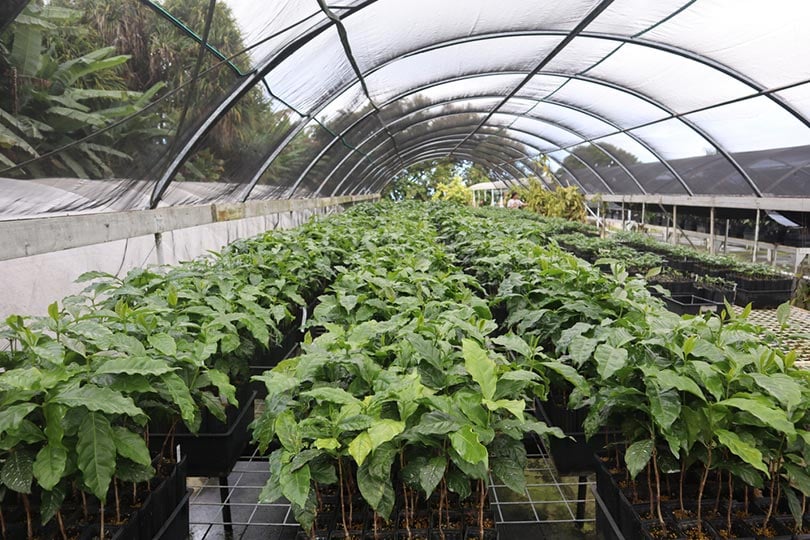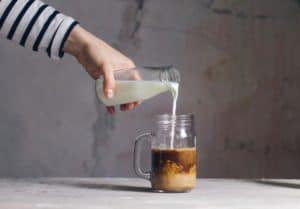
It’s hard to make it through a rough day without a little caffeine pick-me-up. This is even true for a new mom. Juggling a new baby, trying to recover, doing things you need to do around the house, and in some cases, taking care of your other little ones is extremely hard. This is why so many new moms turn to caffeine.
While in some cases, caffeine to help you function is not a big deal. But does caffeine affect breast milk? Is it safe for nursing moms to drink coffee, tea, and other caffeinated beverages? Luckily, for you nursing moms out there, caffeine can be enjoyed while breastfeeding, but in small amounts. Let’s learn more about caffeine consumption recommendations when you’re breastfeeding and why it is the best thing to do for your little one.
Caffeine and Breastfeeding
During the 9 months you were pregnant, your doctor most likely asked you to limit your caffeine intake. This may be a bit shocking to you, that caffeine is okay during nursing, but according to WebMD, only trace amounts of caffeine show up in a nursing mom’s breast milk. This amount will differ from mother to mother, of course. You’ll also find that some babies may be more sensitive to the levels of caffeine in their breast milk than others.
The FDA or Food and Drug Administration suggest that a healthy adult should only consume 400 mg of caffeine per day. For a pregnant or nursing mother, that recommendation lowers. When a baby is involved, it is best to keep caffeine consumption in the 200 – 300 mg per day area. This helps ensure you aren’t passing along more than normal amounts of caffeine to your infant which keeps them from suffering from any caffeine side effects.

Your Baby and Caffeine
In most situations, the caffeine you consume while breastfeeding will not affect your baby. Unfortunately, however, not every situation is the same. Some babies may have more sensitivity than others. This means they could show the effects of too much caffeine. A baby’s body cannot break down the caffeine as quickly as that of an adult. Even trace amounts can cause issues in some babies, especially newborns and preemies.
If your baby becomes overly fussy or irritable, has issues going to sleep, can’t stay asleep, is restless, or is hyperactive you could be consuming too much caffeine for their body to process. It is also possible for the iron content of your breast milk to decrease when you consume too much caffeine. If your little one is having iron issues, it’s best to avoid caffeine altogether while you’re breastfeeding.
Tips for Breastfeeding on Caffeine
If you’re worried about functioning without your morning coffee or a soda throughout the day, there are things you can do to make life easier for you and your baby. Here are a few recommendations that are given by the experts when it comes to safe caffeine consumption and breastfeeding.
- Reduce your daily caffeine consumption to one cup per day
- Feed your baby before drinking caffeine. Allow your system time to process the caffeine by waiting 3 hours before you breastfeed again.
Final Thoughts on Caffeine and Breastfeeding
Caring for a baby is the most natural thing in the world. Unfortunately, there are lots of things in daily life that can be dangerous for your little one. Luckily, for moms who need help staying on top of things, caffeine should be safe in small doses. If you want to enjoy your caffeine, and breastfeed your little one, simply follow the recommended guidelines of how much is safe to consume and watch your baby for signs they are getting too much. If you do this, you and your baby will be able to share the special bond of breastfeeding without you having to say no to your morning coffee or afternoon soda.
Featured Image Credit: Dmitry Naumov, Shutterstock














